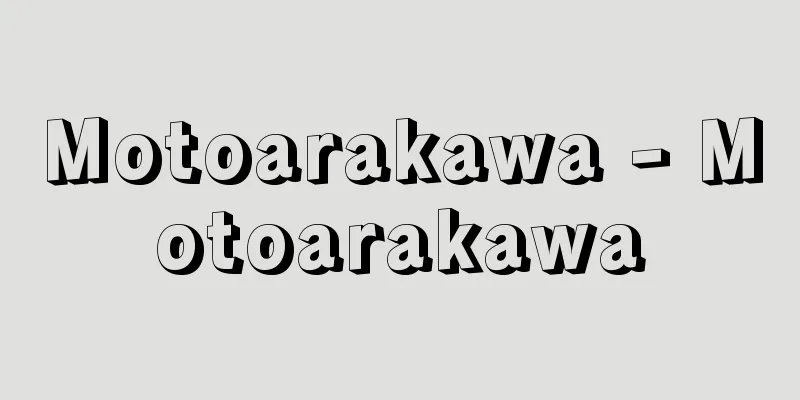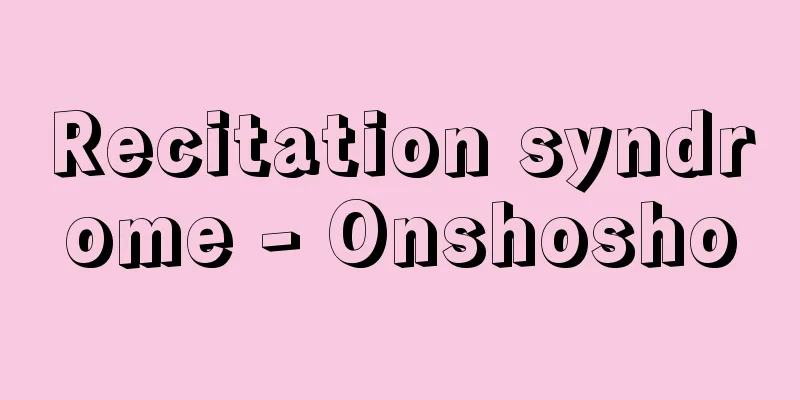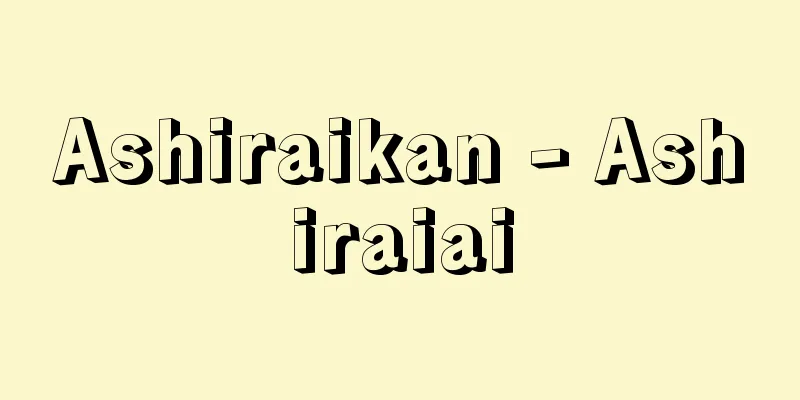Yes - Yes

〘Noun〙① (Translation of bhava) A Buddhist term. It means the existence of a sentient being, the way of existence, survival, etc. It can be one of the three, four, or twenty-five existences, or one of the twelve causal relationships, and refers to the karma that leads to an outcome , or the outcome of that karma. ※Heike (early 13th century) 2 "Musubu, Hayatama no Ryosho Gongen, <omitted> softening the light of 84,000 rays, and being the same as the dust of the six realms and three realms. " [Mahayana Gisho-8] 2. To exist. To possess. Also, that which is possessed. Yu. ※Taiheiki (late 14th century) 23 "When all living beings in the desire realm are about to become my possession, the heavenly gods and good spirits gather at the Zenpo - do Hall and lecture on the Prajnaparamita." ※Sugae Masumi Travelogue (1784-1809) Kasumugomakata "I shed tears when I heard that Oshu had also become the possession of the Kamakura Shogun . " ③ Philosophical term. Existence. ④ ⇒ Yu (existence)Yuu Iu [Yes]Yes [Yes]Arii [Yes]Aro [Yes]Yuu-suru Iu... [Yes]Aro [Yes]Yu-suiu ... [Available]Source: The Selected Edition of the Japanese Language Dictionary About the Selected Edition of the Japanese Language Dictionary Information |
〘名〙① (bhava の訳語) 仏語。有情としての存在、その存在の仕方、生存などの意。三有、四有、二十五有などや、十二因縁の中の一つなどとしてあり、果(か)を招く業(ごう)、あるいはその業の果としてあるものなどをいう。※平家(13C前)二「むすぶ、早玉の両所権現、〈略〉八万四千の光を和げ、六道三有(ろくだうさんう)の塵に同じ給へり」 〔大乗義章‐八〕② あること。所有すること。また、その所有物。ゆう。※太平記(14C後)二三「欲界の衆生を悉く我有(ウ)に成さんとする時、諸天善神、善法堂に集て、般若を講じ給ふ」※菅江真澄遊覧記(1784‐1809)迦須牟巨麻賀多「奥州も鎌倉殿の有(ウ)となりし事を聞き涙を流しける」③ 哲学用語。存在。④ ⇒ゆう(有)
ゆう イウ【有】あ【有】ありい【有】あろ【有】ゆう‐・する イウ‥【有】あろ【有】ゆう‐・す イウ‥【有】出典 精選版 日本国語大辞典精選版 日本国語大辞典について 情報 |
Recommend
Anglican Missionary Society - Anglican Missionary Society
…A missionary organization translated as the Angl...
San Bernardino Strait - San Bernardino Strait
A strait that lies between the southern tip of the...
Aircraft noise
Noise caused by aircraft taking off and landing. ...
Omotoso, K. (English spelling) OmotosoK
...The works of Okoto, who unearthed the traditio...
Shaoxing wine
<br /> A representative example of a type of...
Purulent meningitis - Purulent meningitis
Meningitis caused by pyogenic bacteria. It occurs ...
Hayashimai - Hayashi
Among the dances performed in kyogen and festivals...
Narration (title) - katari
...In the late 17th century, the custom of making...
Hewett, D.
... In terms of plays, the equivalent of Lawson i...
Li Sae - Li Sae
A Yangming scholar from the late Ming Dynasty in ...
Sadayasu Kawashima
...In addition, the accumulation of local lords a...
Tovstonogov (Georgiy Aleksandrovich Tovstonogov)
Soviet director. Born in Tbilisi, Georgia, his mo...
Baḥri Mamlūk (English spelling)
…The capital was Cairo. It was divided into two p...
Newcomers' Association
An ideological group formed in the Taisho and Sho...
Wang Xiao-bo (English spelling)
[raw]? [Died] Junka 5 (994) A leader of the Jinsan...









